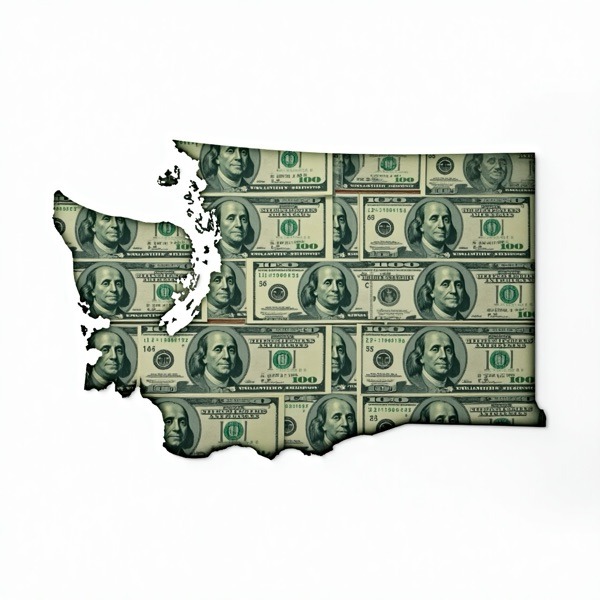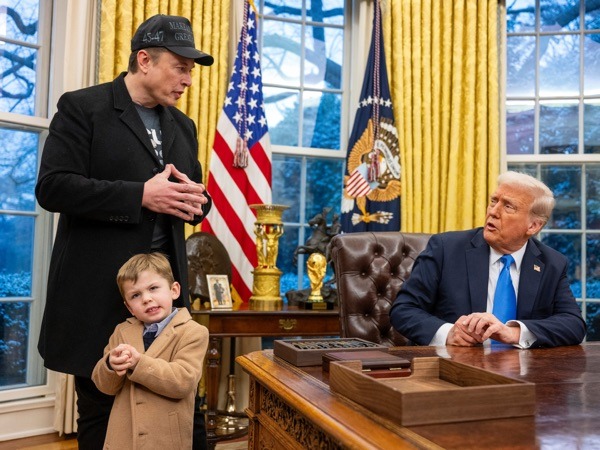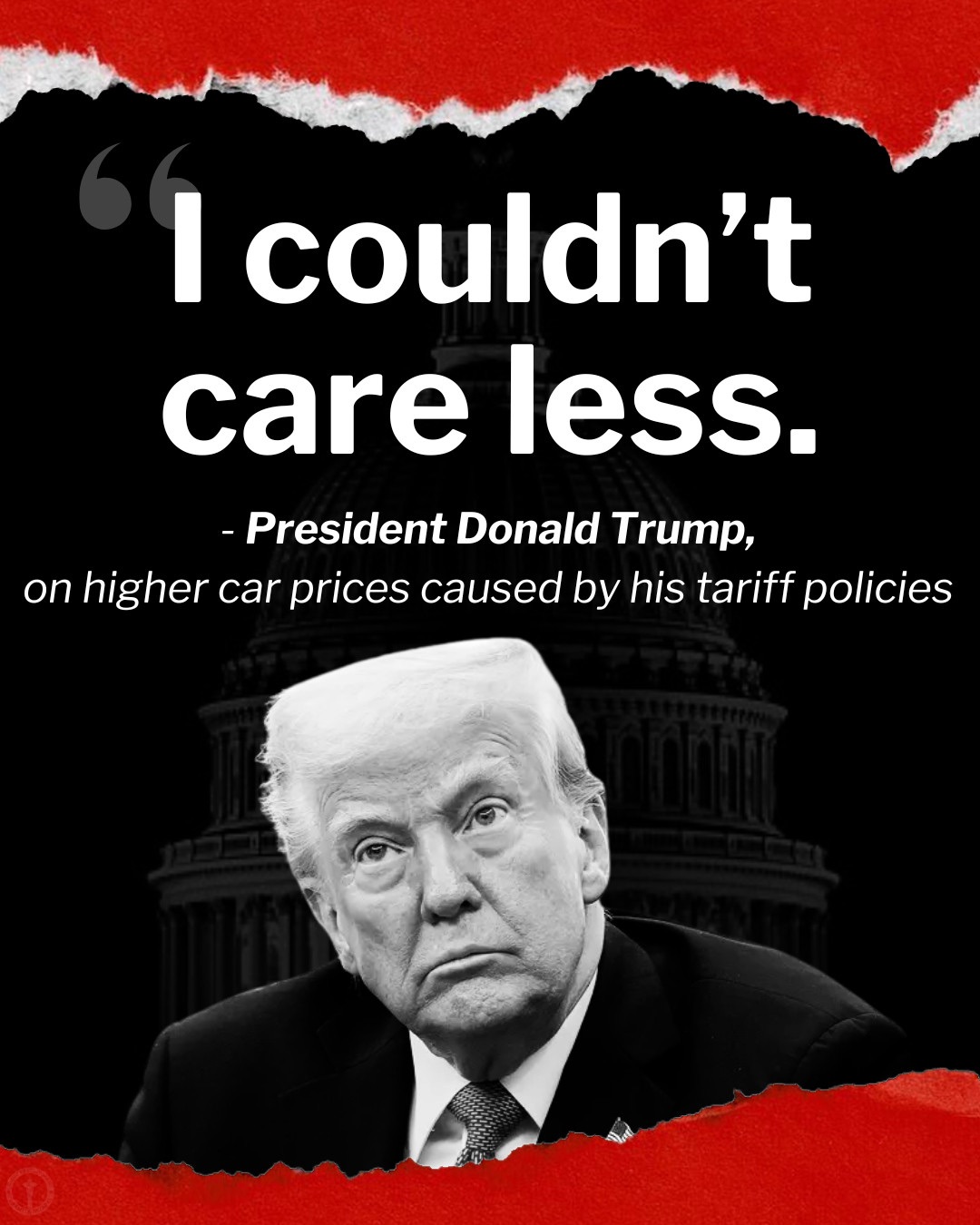Washington’s Business & Occupation (B&O) tax is one of the most frustrating and outdated parts of the state’s tax system. Instead of taxing profits like most states, Washington taxes gross receipts—meaning businesses pay taxes on revenue before they even cover expenses. This punishes small businesses with thin margins, making it harder for them to survive, let alone grow.
But here’s the real issue: this broken system is costing the state money. By overtaxing struggling businesses while letting large corporations off the hook, Washington is stifling the very businesses that could drive more job creation, consumer spending, and—ultimately—higher tax revenue.
Fixing this system isn’t just about fairness; it’s about unlocking Washington’s economic potential. If we create a fairer, smarter B&O tax system, we can fuel small business success, drive growth, and collect more revenue—without hurting hardworking entrepreneurs.
The Problem with Washington’s Current B&O Tax
The B&O tax applies to almost every business, but because it’s based on gross revenue instead of profit, it hits small businesses hardest. Restaurants, retailers, and startups often end up paying a huge chunk of their earnings in taxes—even if they barely break even.
Meanwhile, massive corporations with deep pockets can absorb the tax more easily, and some even benefit from special loopholes. This backward system discourages small businesses from expanding, which limits job creation and ultimately shrinks the state’s tax base.
How a Fairer B&O Tax Could Unlock More Revenue
A rebalanced B&O tax would make sure that small businesses get room to grow while the most profitable companies contribute their fair share. Here’s how we do it:
1. Exempt the smallest businesses – Let’s stop taxing businesses that are barely getting by. Raising the exemption threshold would free up thousands of businesses to reinvest, hire more people, and drive local economies—leading to higher overall tax revenue.
2. Introduce tiered tax rates – Instead of a one-size-fits-all approach, businesses could pay lower rates at lower revenue levels, with slightly higher rates for the biggest, most profitable corporations. This would ease the burden on small businesses while ensuring Washington collects more revenue from those who can afford it.
3. Create an Alternative Minimum Tax (AMT) – Some major corporations use loopholes to avoid paying their fair share. An AMT would ensure that every large company contributes a minimum amount, bringing in millions more for public services.
4. Close wasteful tax loopholes – Washington gives away billions in special tax breaks, many of which no longer serve a real purpose. Closing these would recapture lost revenue while keeping incentives that actually help grow the economy.
With these changes, we wouldn’t just help small businesses—we’d create a stronger, more reliable revenue stream for the entire state.
The Economic Ripple Effect
This isn’t just about fixing a bad tax policy. It’s about building a thriving economy that generates more revenue over time. Here’s what would happen if Washington fixed the B&O tax:
• More Small Business Growth = More Tax Revenue – When businesses reinvest instead of struggling under unfair taxes, they create jobs, boost wages, and increase sales tax collections.
• Higher Contributions from Big Corporations – A fairer structure means that the largest companies, which benefit the most from Washington’s economy, contribute appropriately—adding stability to state revenue.
• A More Business-Friendly Washington – A smarter tax system would make Washington a better place to start and grow a business, attracting more entrepreneurs and boosting overall economic activity.
A Smarter Path Forward
Washington has a choice. It can keep choking small businesses with an outdated tax, or it can unleash economic growth by fixing the system. By giving small businesses room to succeed and ensuring profitable corporations pay what they should, we can generate more revenue, create more jobs, and strengthen Washington’s economy for the long haul.
This isn’t about tax cuts or tax hikes—it’s about building a tax system that actually works. Washington’s future depends on it.





